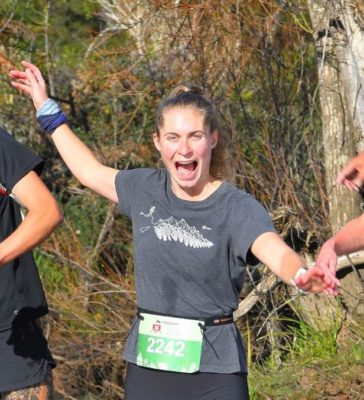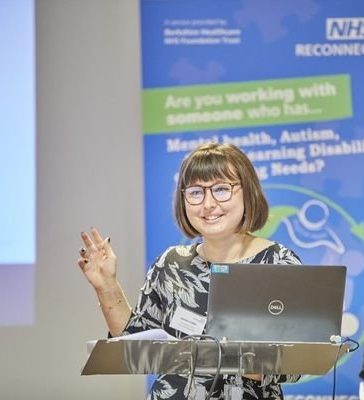
Cambria Bailey-Jones
Current Employer/Organisation Name
Penny4
What have you been doing since leaving Exeter, and what are you doing now?
I’ve had a bit of a mixed career since graduation. I started working as a researcher for an independent documentary production company called Maya Vision International. They actually specialised in history, so I researched for 4 documentary series for the BBC and PBS, including one called ‘The Story of China’ with historian Michael Wood. I then went on to do a postgraduate in Broadcast journalism at City University of London. During my MA, and for about a year afterwards, I ran a news gaming project hosted on Amazon Alexa (that probably makes no sense. Basically, there’s a strand of gaming that is for more educational purposes – if you’re interested, Al Jazeera’s ‘Hacked’ is a good example. Our project took this concept of news gaming and tried it on Amazon Echo devices, so you could interact with these topical games by speaking to the Alexa). We won £7000 from two different pitching competitions to make a game for Alexa, which is called ‘Emergency Dispatcher’ where you play as a call handler for the NHS, and have to talk a couple through delivering their baby as it comes before the paramedics get to them. Whilst running the project, I had also started freelance producing online video for high profile musicians, science journalists and other creatives in the UK. As the Alexa project wrapped up, I started producing more full time, and needed a production company to facilitate the production budgets – Penny4 started of the back of this, and we now have clients such as Facebook, Instagram, Marie Curie, dodie, and Tom Scott. Around the time the Alexa project was wrapping up, I was approached by a large Alexa games studio called Labworks.io to be a writer and games designer on their team, so I now also write audio games for them part time.
Why did you choose this career? And what do you enjoy most about your work?
I became very interested in science broadcasting whilst studying. I was a member of XTV, Exeter’s student TV station, which gave me a good insight into the world. I don’t just do science and documentary now, I actually spend more time making fiction/ music videos, but documentary was how I became interested in video and film. I love the variety in the job – Penny4 makes anything from music videos to documentaries so we’re always focussed on something different. It’s also nice to not be in an office full time.
Please tell us if you were a member of any societies, groups or sports clubs?
XTV was my main society. I was on the committee two years in a row, and organised the NaSTA awards (the student television awards) when it was hosted at Exeter.
What did you enjoy most about your programme and what was the biggest highlight?
My dissertation stands out – we did research into the eating habits of children, and so spent time in schools collecting data. It was a very rewarding experience. A lot of my 3rd year seminars left an impression actually, especially those with Barney Dunn.
What did you enjoy most about studying here?
The course was genuinely excellent, and I spent so much time on campus in the XTV offices. Exeter is a lovely university.
Why did you choose to study at Exeter?
The course, the city and everyone was very friendly at the open day.
What skills and experiences have been most useful for your career?
Obviously a lot of what I learnt in XTV had a very direct impact on my career, but I definitely stood out in job applications because of my psychology background. A lot of TV/Film applicants do media degrees, but broadcasters like you to have a specialism and show you can research. Especially in journalism!
What advice would you give to a current student who wishes to pursue your career?
There’s a lot of competition, so have interests that really stand out. Think about the area of the media you want to go into – read around topical areas, make sure you seem interested and interesting in interviews. Producers care most about that. You’ll be going in as a runner, where your main jobs will be either office support, or crowd control/assistant work on set, so nobody really cares if you have written a script or made a short film – they care more that you’re bright and have an interest in the topic. Producers care whether you’ve looked up the topic, and are able to speak coherently about what you’re making. Your production skills come in when you’re on the job – if you can use a camera and keep a shot in focus that will do you very well (budgets are tight! You’ll probably be asked to use a camera to save on hiring someone else).
What are your plans for the future?
We’re continuing to build Penny4, and will hopefully make a broadcast series, and a broadcast documentary next year.

